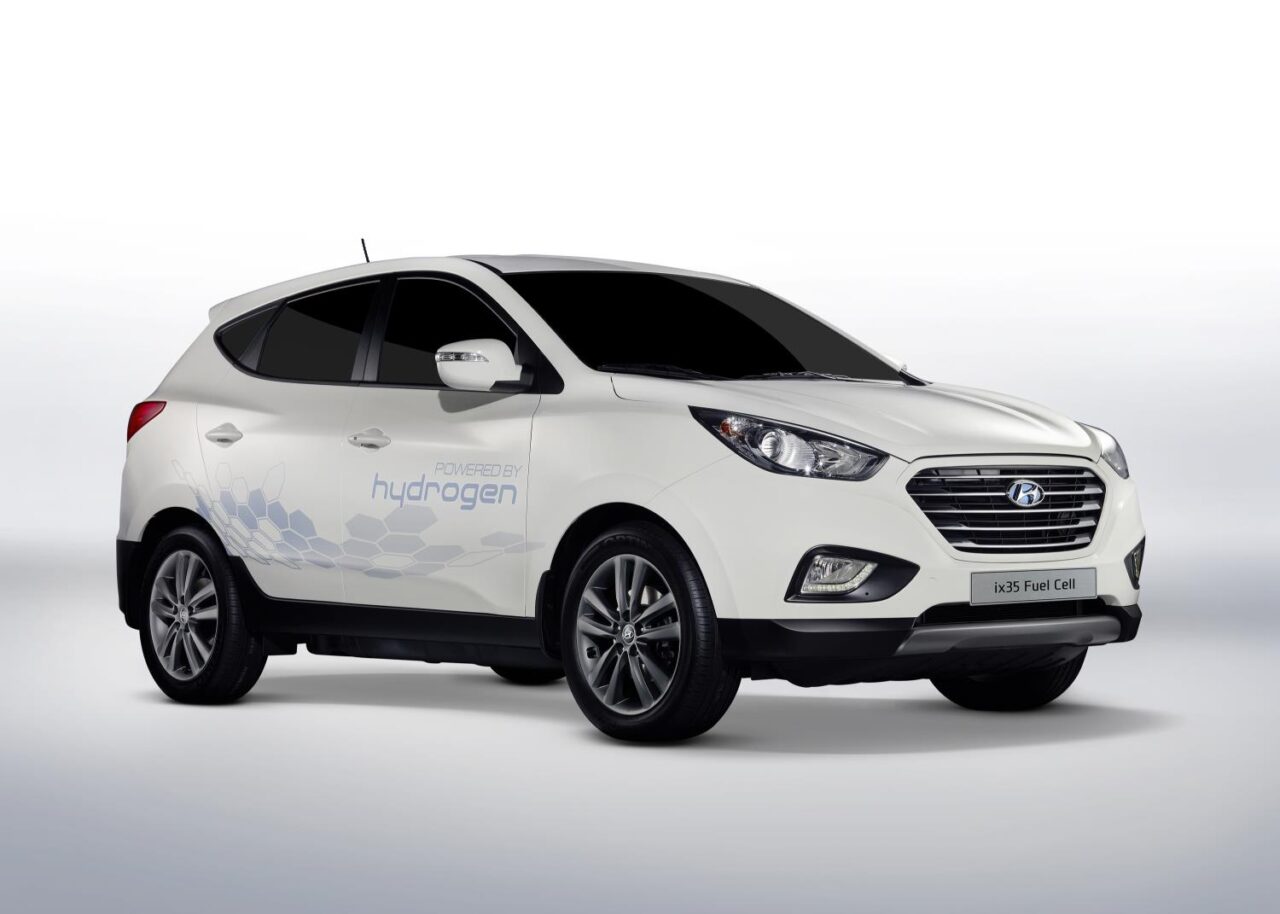Hydrogen cars vs. electric cars: which are better?

Car makers have been experimenting with hydrogen fuel cell technology for many years, but are hydrogen-powered cars the future of sustainable motoring? We explore the alternatively fuelled cars in this article.
What is a hydrogen-fuelled car and how does it work?
Fuel cell cars are powered by compressed hydrogen gas that feeds into an onboard fuel cell “stack” that doesn’t burn the gas, but instead transforms the fuel’s chemical energy into electrical energy. This electricity then powers the car’s electric motors.
Hydrogen is the most abundant resource in the universe. Progress in harnessing its powers has been made, but it’s been a long time coming compared to electric battery-powered vehicles.
Advantages of hydrogen-powered cars over EVs
Hydrogen-powered cars have three big advantages over EVs: the time it takes to refuel, the level of pollutants produced and the fact that hydrogen will never run out.
Hydrogen cars are fast, cheap and easy to refuel
It takes only five minutes to fill a hydrogen-powered car with fuel whereas you will need to leave your electric vehicle charging for several hours.
Of course, fuel for a hydrogen-powered car or an EV is far cheaper than the cost of filling your tank with petrol or diesel, so that’s a big bonus for alternatively fuelled cars. Read our blog to find out how much money you could save by using alternative fuel.
The cars produce zero pollutants
Lithium-ion battery production for electric cars is energy-intensive, producing a huge amount of CO2. This, coupled with emissions generated in producing electricity with which to charge your car, means that in an EV you will still be contributing to CO2 pollution, even if it isn’t belching out of your exhaust pipe.
On the other hand, hydrogen-fuelled cars don’t create noxious gases. The only thing you get out of the exhaust when hydrogen burns is dihydrogen monoxide – “water” as it’s commonly known.
Disadvantages of hydrogen-powered cars compared to EVs
The biggest problem with hydrogen-powered cars is that the infrastructure is hampering the market and deterring automakers from investing in the development and production of new vehicles.
Refuelling stations are few and far between
According to UK H2 Mobility, there are just 11 hydrogen stations in the UK. Five are within the M25, with others in the Southeast and Midlands. There are only two hydrogen refuelling points in Wales, one in the north of England, two in Scotland and none in Northern Ireland.
Compare that to the number of places you can fill up with petrol or diesel and you will realise how the odds are stacked against hydrogen-powered cars.
Hydrogen-powered cars are expensive – but they will get cheaper
There are only two recognised hydrogen-powered cars on sale to UK motorists. They are the Toyota Mirai and Hyundai Nexo.
For many, hydrogen-powered cars are also cost prohibitive – a Toyota Mirai will cost you in excess of £50,000. That’s a lot to fork out, but as the technology improves, prices should start to fall.
Hydrogen isn’t the only alternative fuel you can use to power your car. Read our blog to find out about 8 alternative fuel sources for your car.
Need hydrogen car insurance?
If you’ve decided to switch to a hydrogen-powered car, you’ll need to find an insurance provider that understands your specific needs. At Adrian Flux, we offer hydrogen car insurance that can be tailored to the vehicle and your budget. Call 0330 021 6436 for a swift no-hassle quote.







